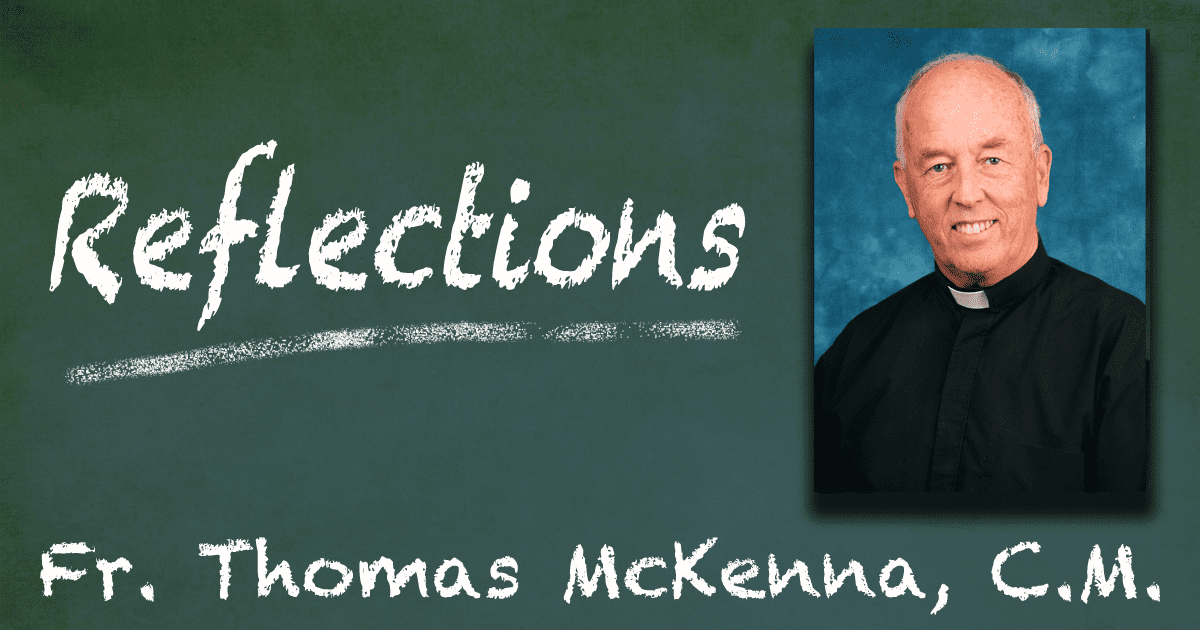We live in multiple worlds: family, work, leisure-time vacation worlds. An oftentimes disturbing piece of that dual and triple citizenship is the strain of being pulled in various directions. Which of the worlds to give more attention, or even choose between?
These kinds of deliberations take up no little energy, and in the end have to find some kind of coherence if we’re not to be pulled apart. There are the individual demands, but more to our point the priorities among them.
More than most any other, the feast of Christ the King immerses us in this swirling dilemma of negotiating worlds. It underlines the tension between the world as Jesus sees it, and the other ‘Kingdom” as viewed, for instance, through the eyes of a Pontius Pilate (John 18).
A quick solution would be to reject one and choose the other. But because the different worlds intertwine so tightly in everyday existence, the challenge to do so is daunting. How to move between them with a foot planted more firmly in the one than the other? When they directly conflict, which one to follow?
The feast of Christ the King highlights such decisions. It would have us weigh our choices in favor of God’s world, the world aligned with the values of the Lord Jesus, the one squared with reality as seen through his eyes and felt with his heart. And thus that short rule-of-thumb for Christian believers, “What would Jesus do?”
What would he do coming on situations where human’s lives were being treated as commodities, where the bottom line calculations about what matters were done solely on a cost benefit, dollars-and-cents basis?
What would the Lord do with a mentality that prizes wealth and political influence over all else, a world where the ones who “don’t really matter”(the handicapped, the racially segregated, the elderly) are put off to the side?
What would he do if confronted with a choice between being truthful or shading that truth for self-serving reasons?
What would he do if he came up against a callousness to sufferings that arose more from unjust structural arrangements in a society than from personal fault?
Questions such as these face all of us on the Feast of Christ the King — or perhaps more recognizeably, the Feast of Christ the Standard Setter, Jesus the Value Compass, the Lord as the Conscience for what counts more and what counts less.
It would be wrong to regard God’s world as a set-apart mountain village or gated community. The domain of Christ the King mixes in with the world of everyday, reinforcing its generous and truthful movements, and challenging whatever would snuff these out.
As followers of Jesus, our Leader and King, we’re called to do what we can to bring the light of His world into ours, to strive to have it shine though not just our individual lives, but to permeate the whole society and culture.
As Vincent counsels, “Zeal to spread the Kingdom of God and zeal to procure the salvation of our neighbor. Is there anything in the world more perfect?” (Vol 12, p 250)
We would follow The Lord on his Father’s road, the one leading to that world of peace and justice where, as we Vincentians would insist, the poor especially would be given care and respect.






0 Comments